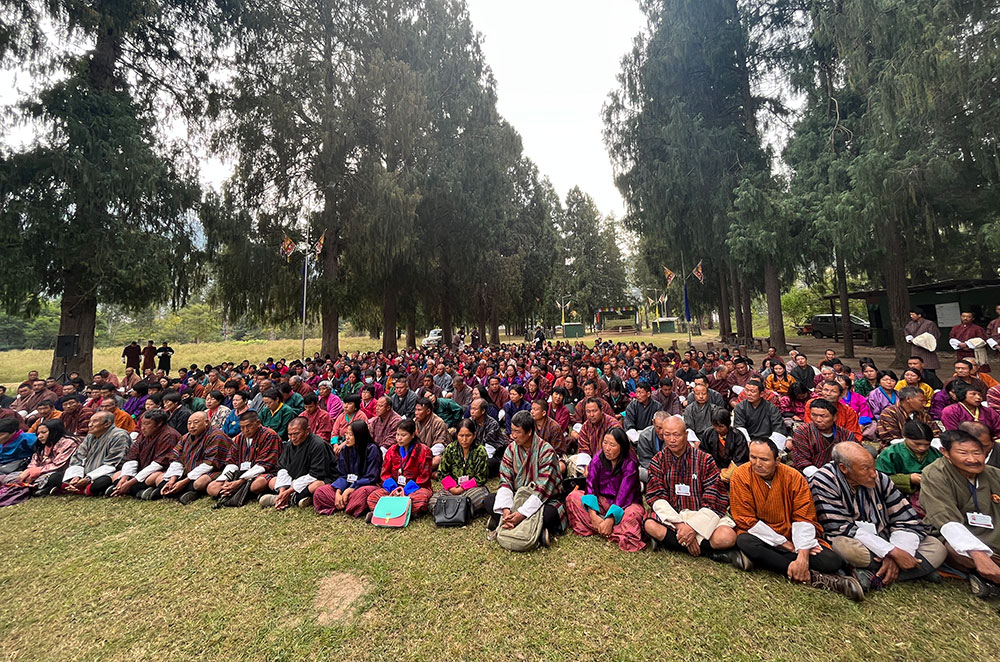Chencho Dema
Punakha – When the first election was held in 2008, voters cast their ballots based on the president’s popularity, which helped the Druk Phuensum Tshogpa (DPT) win handily in the first parliamentary election. However, other factors are now at play.
Voters’ choices may be influenced by the candidates’ or party’s promises, their preferences for the president or party, the candidates’ qualifications, or the popularity of the party, president or candidates.
What standards will Punakha voters apply when they cast their votes on November 30?
Most voters in Punakha said that pledges of the party come first followed by a candidate’s ability and then their party affiliation.
Some voters, however, claimed they had previously cast random ballots and would do so again in the upcoming election because they had not taken any of the factors into account.
Tenzin, a 55-year-old resident of Sirigang, said that he has voted for every candidate in the last three elections because he has no affiliation with any parties or candidates. “I have no preferred candidate or party, so I will follow the same course this time around as well,” he said.
Another Kabisa gewog resident, 29-year-old Dawa Dema, said that the pledges are what most influence her decision to vote for a given party. “The pledges will benefit the whole,” she said.
According to Lakhu resident Tashi Dorji, 39, a candidate’s qualifications are more important than the party’s promises.
“The candidate we choose to represent us in the Parliament will speak for those who lack a voice. I don’t want to make the same mistake that others did in the past when they elected politicians who said nothing at all in the legislature. We vote once every five years, and I want to support a capable candidate who is right for me,” he said.
Some of the promises that the voters found appealing included raising the amount of life insurance for rural areas, providing enough water for irrigation and drinking, blacktopping rural roads, and providing a child allowance for the third child.
A few contenders, however, asserted that voters would base their decisions on the party’s platform and record of accomplishments.
There are two constituencies in Punakha with five candidates each from the five political parties, Kabji-Talo and Lingmukha-Toedwang.
Tshering Dorji of Bhutan Tendrel Party, Tshencho Wangdi of Druk Nyamrup Tshogpa, Sangay Phurba of Druk Phuensum Tshogpa, Kinzang Thinley of Druk Thuendrel Tshogpa, and Namgyal Dorji of People’s Democratic Party are the candidates for the Kabisa-Talo constituency.
Gyambo Sithey (PhD) of BTP, Dr Tandi Dorji of DNT, Tenzin Tshewang of DPT, Sonam Wangyel Wang (PhD) of DTT, and Namgay Wangchuk of PDP are the candidates for the Lingmukha-Toedwang constituency.
Kabisa-Talo constituency has 13,731 registered voters. While there are
2,350 postal voters (in-country) of which 1,191 are male and 1,159 are female. There are 70 postal voters (overseas). Meanwhile, there are 17 polling stations.
Lingbukha-Toedwang constituency has 7,807 registered voters of which 3,815 are men and 3,992 are women. It has 1,735 in-country postal voters and 29 from overseas. There are 10 polling stations. The dzongkhag has 33,049 residents.


